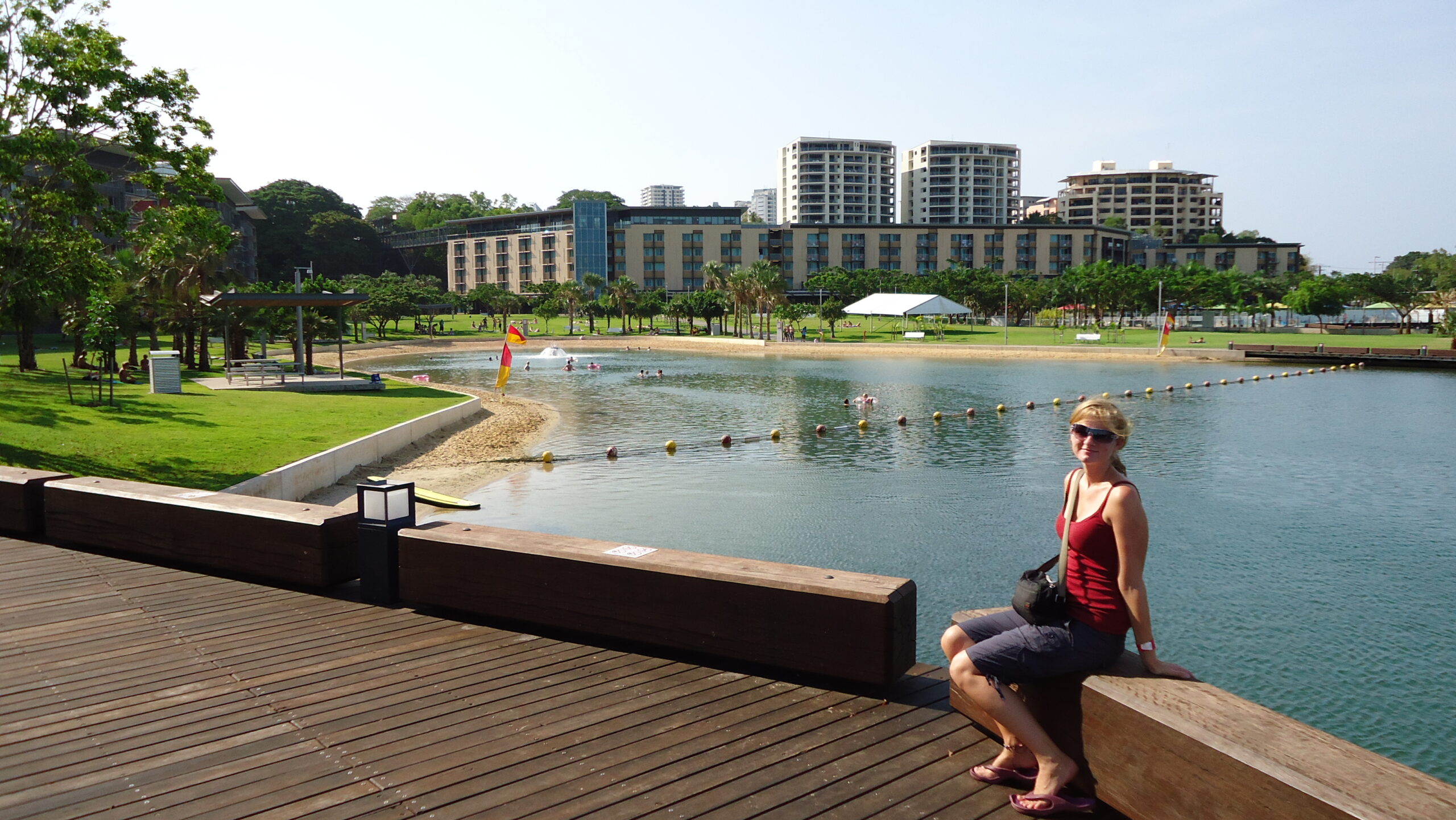Starting to plan a big trip abroad can be a daunting experience, especially if it’s your first time. There are so many things to think about and it can be overwhelming knowing where to start. To simplify it, here is a list of the main things to consider when planning a backpacking trip abroad.
Holiday or travel
The first thing you need to consider when planning a trip is whether you want to travel or go on holiday. Now there are many snobby backpackers out there who have different definitions of ‘travelling’. They may say that you are not a true backpacker if you stay in a hotel or don’t eat the local food or even if you take a suitcase rather than a backpack. But this is not what I’m talking about. What I mean is do you want to chill out and relax on a beach or stay in one place while away, or do you want to explore a country in depth. Think about what you want to get from the trip and how you may want to travel and that will help you decide if you are after a ‘holiday’ or something more.
- Holiday – Usually short term, relaxing, staying in one place with more creature comforts. Holidays are normally booked through a travel agent and extras such as food and transfers are often included.
- Travelling – Longer length, usually multiple locations or countries, sticking to a tight budget and can include working or volunteering. You generally have to organise transport, accommodation and food yourself.
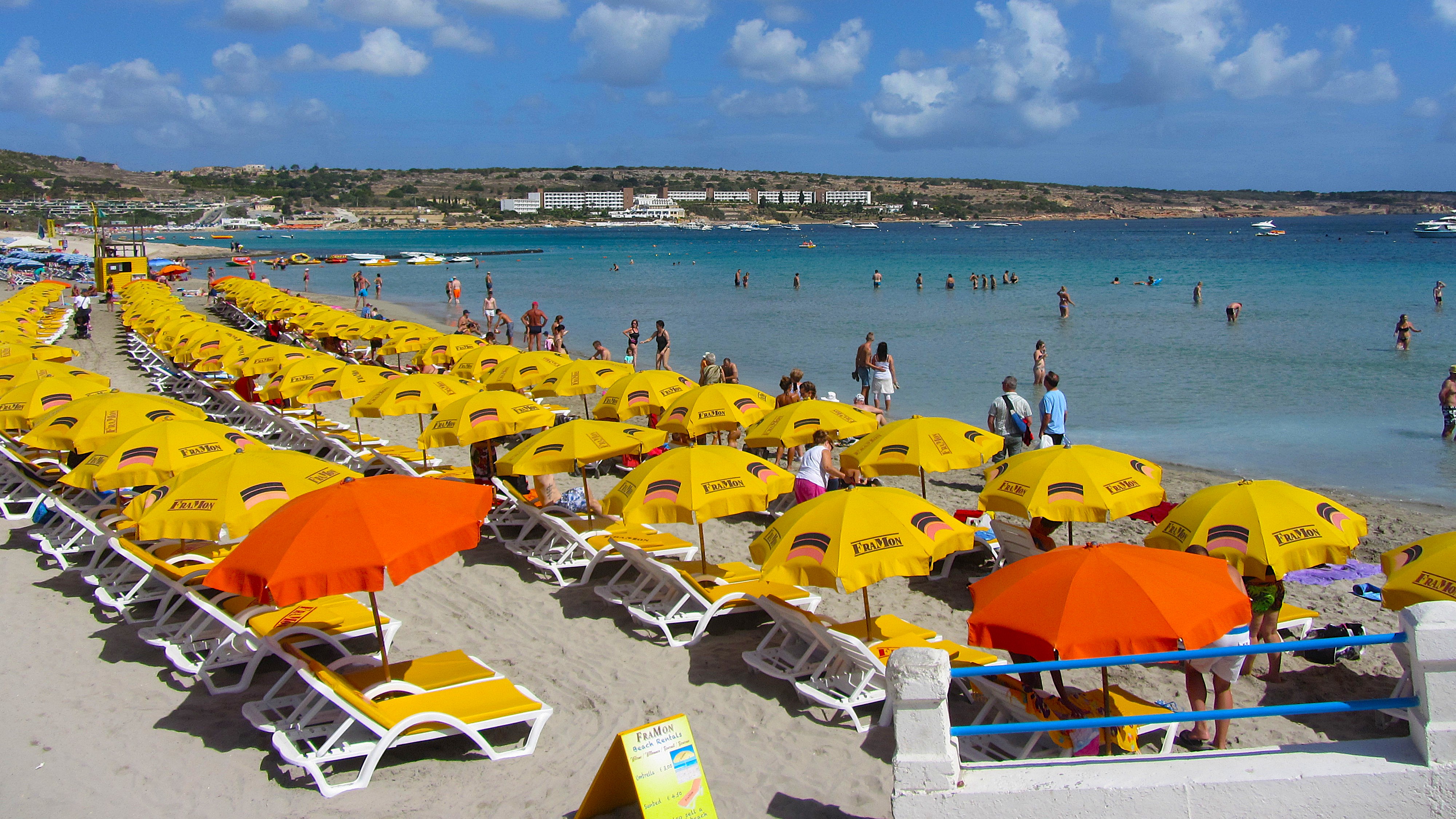
Where to go?
This is the biggest and most exciting thing to consider when planning a backpacking trip. You have the whole world to choose from. One of the first places to start is to think about whether you one to explore one destination in depth or hop around to multiple countries.
- One country – Exploring just one country makes a trip a lot simpler. You don’t have to worry about obtaining multiple visas, learning different languages, changing currency constantly or tricky border crossings. Staying in one country will allow you to become thoroughly immersed in the local culture. Single country travel is ideal when you have limited time or for larger countries such as Russia, USA or Australia where there is lots to see and great distances between destinations.
- Multiple countries – If you have the time and want to get lots of countries ticked off your bucket list, then why not visit a few in one trip. You will get to experience many cultures and see the differences they have to offer. It can make you a more experienced, well-rounded traveller as you will have to deal with navigating border crossings, currency conversions, different languages and time zones. If you’re visiting several countries at once it can work out cheaper in the long run as you can save money on long haul flights. For example, if you are planning on going to Australia, then why not visit New Zealand and Fiji as well. This way you only have to buy one expensive long-haul flight and can just hop over to the other countries instead of having to fly to the other side of the world again at a later date. You can even get a round-the-world ticket that encompasses several countries.
You may already have destinations in mind, but if you don’t, then here are some other things to consider when deciding on where to go.
- Distance from your home country – Do you have enough time to fit in a long-haul trip? Are you happy to travel a long distance? Can you afford the plane ticket?
- Climate – Do you want a hot or cold destination? Would you like similar weather to your home country or are you happy to experience extreme weather changes?
- What things do you want to see and experience? – Are you a city person or do you want to get off the beaten track? Do you prefer beaches over snowy mountains, or do you want a bit of both? Is there a particular sport, event or tourist attraction you have always dreamt of seeing?
- Culture and language – Are you happy to go somewhere where you will not speak the language. Do you want to be somewhere where the culture is similar to your own to ease yourself into backpacking or do you want to experience a very different way of life? Are you happy to try and learn another language?
- Local economy – Are you looking for a cheap destination? Are you planning on working and need a decent wage? Do you want a certain standard of comfort when you travel?
- Working – Do you want to work when you are away? If so, then can you get a visa for your destination.
When to go?
Deciding on when to travel can depend on whether you are taking a gap year or whether it’s a short trip fitted around work. On a gap year you may experience all different weathers, seasons and festive events. However, if you are going to be just travelling for a short period or are travelling to multiple countries then you may want to consider the following:
- Weather – What weather do you want to be travelling in? Are you hoping for some hot weather, or are you really not bothered. Some countries in the tropics have extreme seasons such as hurricane season, which you may want to avoid. Likewise, the closer you get to the poles, the shorter the hours of sunlight are in the winter and the longer it is in the summer. And if you live in the Northern hemisphere and are used to having a wintery Christmas, don’t forget that in the Southern hemisphere, in countries such as Australia and New Zealand, you will have a hot Christmas which may or may not be your vibe.
- Events and festivals – Is your dream to go and see a specific festival or event like Mardi Gras in New Orleans or Holi fest in India? If so, then make sure you plan your trip around these events so you don’t miss out. Note, that going during these major events can mean that things are more expensive and busier.
- Activities – Do you have a passion for a certain hobby or sport which you absolutely want to do while your abroad? Do you want to ski, surf or participate in a marathon? If you are one of these people, then make sure that the season and weather conditions are right for the activity you want to participate in. There is no good planning a break to Austria in July if you love to ski.
- Public holidays – Are there any public holidays during the time period when you plan on travelling? If so, this could make the destination more expensive, busier or filled with children on their summer break. Or, are these public holidays something you definitely want to be there for e.g. Christmas. Also check there aren’t any restrictions during the public holidays like shop closures during Ramadan or Easter.
- Flexibility – Are you flexible with dates or do you only have a certain period of time off. If you can be flexible then this opens up a lot more possibilities.
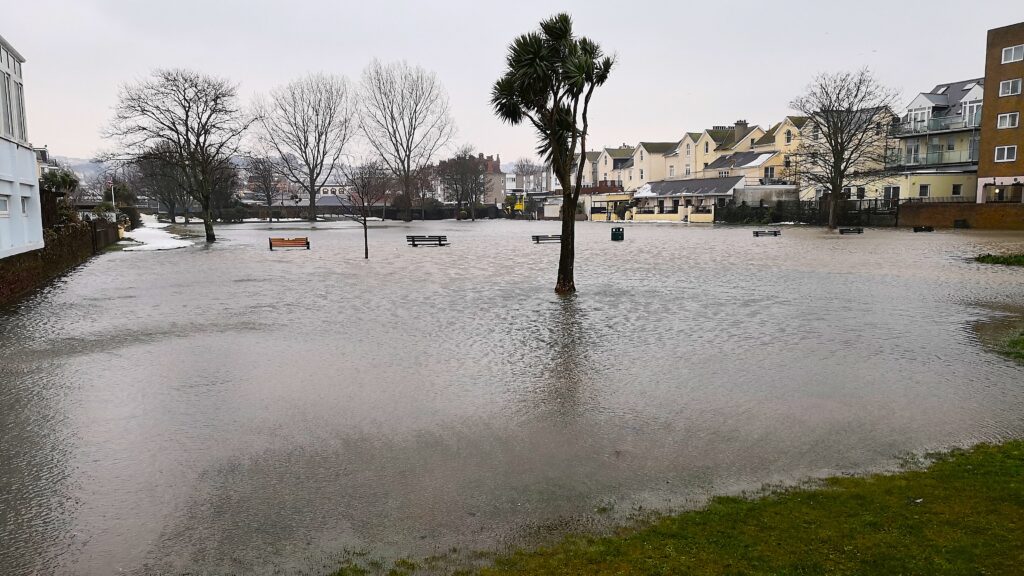
How long to travel for?
How long you go for is entirely up to you and depends on your own circumstances and budget, but here are some things to consider when planning your backpacking trip.
- How much time can you get off work? – Are you going to quit your job entirely, work remotely or just use your annual leave?
- How long is your visa valid for? – All countries have restrictions on how long tourists can stay in their country. These vary depending on which country you visit and what nationality you are. If you have a working or student visa then these tend to be longer than a tourist visa. If you want to continue travelling after your visa expires then you can, but you will need to switch to another country. Staying past your visa expiry can get you in serious trouble.
- Do you have a date you need to get back for? – Do you want to be back home for Christmas? Have you got a wedding or graduation to attend? Have you got to get back for work?
- How big are the countries that you are visiting? – Larger countries will need a lot more time to explore than smaller countries. Similarly, if you want to visit multiple countries, then you will need to allow more time to visit them all.
- Do you want to just see the highlights or do you want to immerse yourself in the culture? – The longer you can spend in a country the more likely you are to pick up the language and become immersed in the local culture. Just seeing the main tourist attractions can give you a flavour for a place, but may not be an accurate representation of the whole country.
- Are there major events or festivals which you want to visit?
- Do you have a return flight or an expiry date on a round-the-world ticket, or is your travel open ended?
- Do you need to set a specific return date or are you flexible with your time?
Read more about the realities of long-term travel HERE
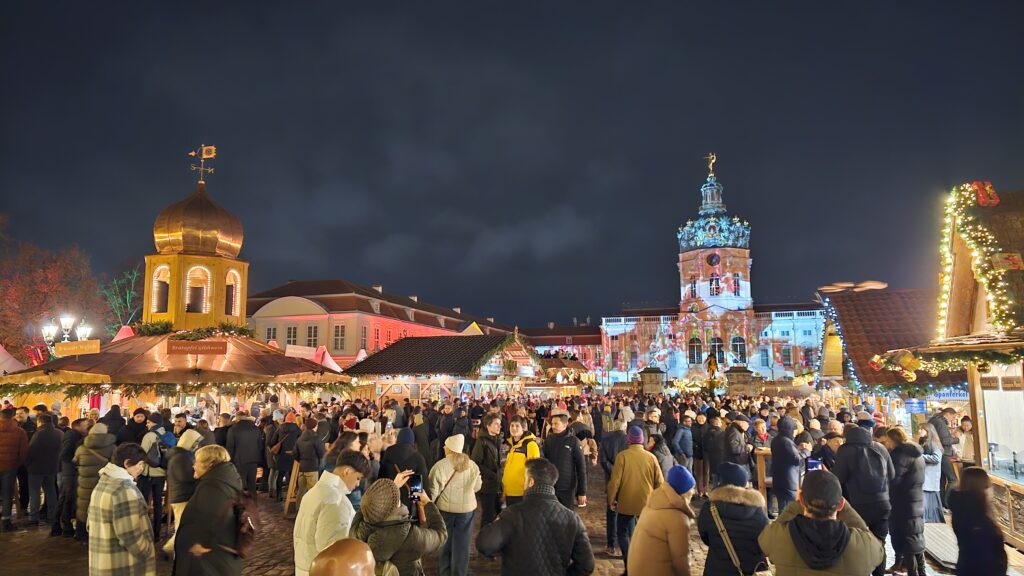
Who to travel with?
Think about whether you want to travel by yourself or if you’re going to travel with other people. Either way it’s important to ensure that you are going to travel in a way that suits you and fits your vision of what you want the trip to be.
- Travelling solo – Travelling by yourself means that you can make all the decisions and can do what you want, when you want. However, it can often come with more safety risks, especially if you are a female travelling alone.
- A friend, family member or partner – By taking someone else you have someone to talk to and make memories with. Plus, it works out cheaper as you can split the cost of accommodation and transport. However, it can put a strain on the relationship if you are constantly travelling together for a long period.
- Group of friends – Having a large group of people all travelling together can be so much fun. Plus, if one annoys you or doesn’t want to do a certain activity you can find someone else in the group to hang out with. The downside is that it can be a bit of a nightmare logistically and can lead to disagreements about what you are going to do each day.
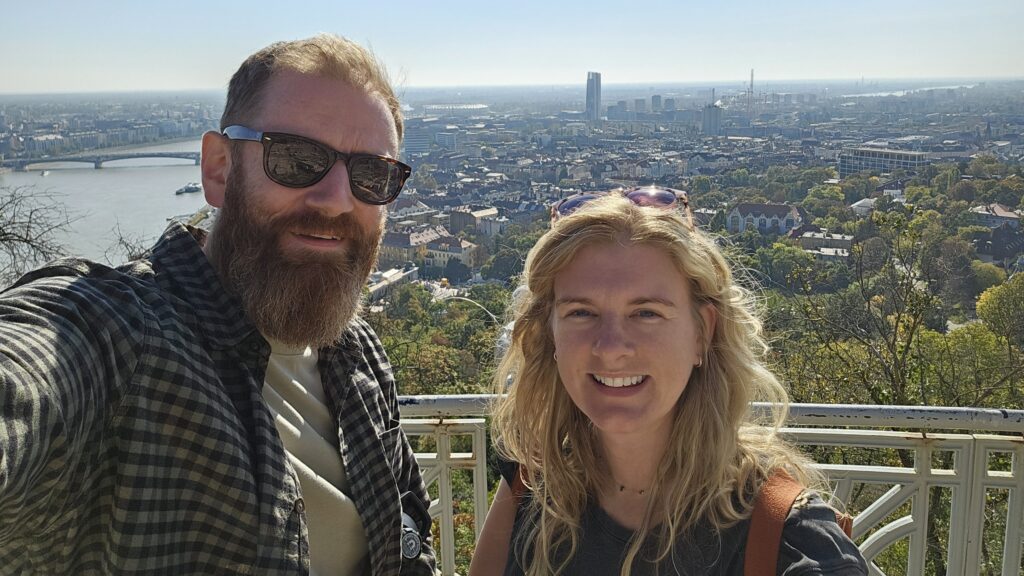
Independent or organised tour?
There are basically two different ways to travel; either independently, meaning that you book everything yourself and find your own way around, or you can travel with an organised tour.
An organise tour involves paying a one-off fee before you leave home which covers all your transport and accommodation and often meals and activities. The difference between a travel agent and an organised tour is that a travel agent books transport and accommodation for you, but you ultimately decide where you want to go when you get there.
An organised tour involves travelling with a group of strangers along a preplanned route, staying at pre-arranged accommodation. Depending on your budget and what tour you chose means that you could either travel in 5* luxury or you could be roughing it camping and travelling on local buses.
Organised tours or independent travel are both great ways to experience a new country and both have their pros and cons, so it just depends on what suits you.
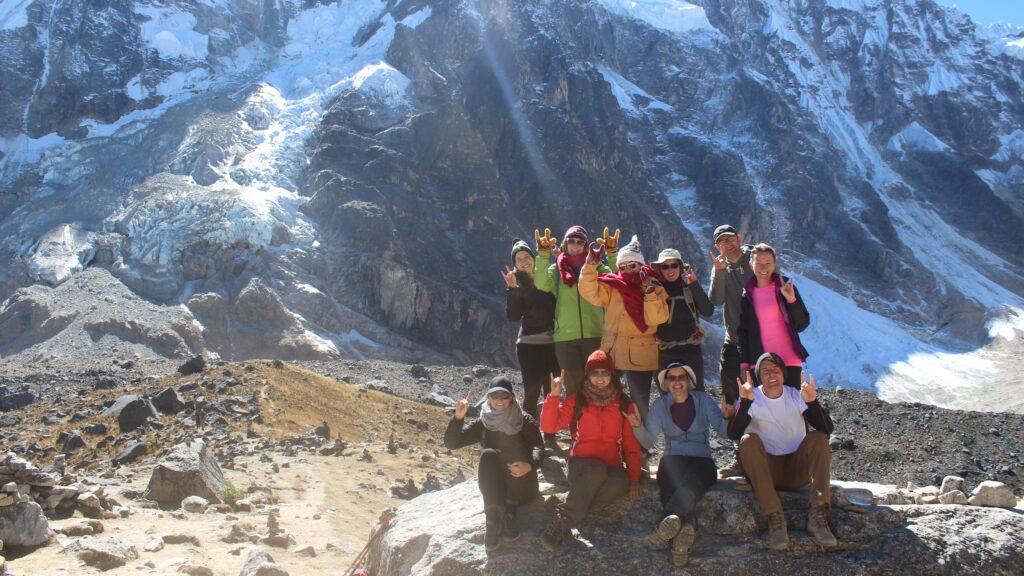
Working or volunteering?
Will you be working or volunteering abroad is one thing to consider when planning a backpacking trip. If you are, then you may not need to budget as much money for your trip as you can always earn more money, or you can volunteer in exchange for free accommodation. Both working and volunteering can be a great way to immerse yourself in the local culture and experience locations not often on the main tourist routes.
- Working – Working abroad could either involve picking up odd jobs while you are away, or keeping your current job and working remotely. Either way, you will probably need a special visa to allow you to do this. This might be a working holiday visa or digital nomad visa. Working abroad means that you can travel for longer as you can just do some extra work whenever you feel like you are running out of money. It also means that you won’t need to save up loads of money before you leave as you can earn more money along the way.
- Volunteering – You may want to go down the volunteering route when you are away. This could involve paying for the experience of volunteering or volunteering your time in exchange for free food and accommodation. Although volunteering won’t make you money, it can help you spend less while travelling and can help prolong the length of time you are able to travel for. Be aware that you still might need a special visa to allow you to volunteer in certain countries.

How much to save?
Your budget is one of the most crucial things to consider when planning a backpacking trip. However, it is so difficult to work out how much to save and how much you will be spending each day you are away. If you have read this entire blog post, then you will already know that there are various factors which can affect how much money you will need, such as whether you are going on a organised tour or if you are going to be working. Below are several more factors to consider which will determine how much money you might need to save.
- Destination – It’s no secret that some countries are way more expensive than others. Depending on where you live in the world will depend on what countries you consider ‘cheap’ and which are more expensive. I write this as someone who is from the UK which has a moderate standard of living. So, if you are also from the UK, then some cheaper destinations will include South East Asia, Eastern Europe, South America and a large part of Africa. Whereas Western Europe, Japan, the middle East, North America, Australia and New Zealand are similar to, or more expensive than the UK. This is just a rough overview, and you will need to research the costs for each country you plan on going to. Check out Numbeo.com to find out the cost of accommodation, transport and groceries in different countries around the world.
- Length of time – Generally the longer you are away, the more money you will need, unless you plan on working or volunteering when you are away. However, this might not always be the case. For example, paying for a month long organised tour around an expensive country, would probably cost more than 3 months camping in a cheap destination.
- Accommodation – This is going to be one of your biggest expenses. You can pay anywhere from a couple of pounds to thousands a night depending on the type of accommodation you chose. If you’re on a tight budget then you want to consider the cheaper options such as camping, housesitting or hostels. Read more about budget accommodation options HERE.
- Food – Are you a real foodie who is going to want to try all the local delicacies or are you be happy eating microwave noodles. After transport and accommodation, food is going to be your next biggest spend, so think about how you can make your daily meals cheaper if you are on a tight budget.
- Activities – Do you like to just wander around a city taking in all the sites or are you going to want to do lots of activities. Are you passionate about going bungee jumping in New Zealand or really want to spend a week in Disneyworld? If you have a bucket list activity you want to undertake then you need to factor that into your budget as some activities can cost several hundred pounds.
- Flexibility – If you are flexible with your travel dates and where you go, then you can get some really great deals and won’t need as much money. But if you plan on travelling during peak season or during a special event then you need to factor this is in, as flights and accommodation will probably be more expensive.
- Credit card – Are you only going to be spending the money you have saved in your bank account or do you plan on using a credit card? Although I don’t recommend getting yourself into debt on a credit card, they can be useful when you find yourself stuck for money due to unforeseen circumstances or when you just have to do that once in a lifetime activity. If you are going away just for a short time and then returning to a full time job, credit cards can be an alternative option than having to save up 100% of the money needed for a trip. This option is only suitable if you know you are responsible with money and can definitely pay it off when you return.

Other things to consider when planning a backpacking trip
- Age – If you are lucky enough to be on the good side of 30, then you can take advantage of cheaper organised tours and train tickets aimed at 18-30’s. Many countries will also grant working holiday visas to those under 30 or 35 which will allow you to work while you travel. If you are 35-40 or over, then sadly a lot of these cheaper options and working visas are not available, so you may end up having to pay a bit more money when you travel.
- Disabilities – Not every disability will prevent you from travelling and doing the things that you want, however if you have a disability which can restrict parts of your everyday life, e.g. being in a wheelchair, then you may need to think a bit more about the destination you visit, the terrain you might encounter and the accessibility of the accommodation and transport. I am very fortunate to be able bodied so sadly I cannot offer any tips for travelling with a disability, but I am sure there are loads of other travel bloggers out there which can.
- Race, gender and sexual orientation – It’s a sad fact that a lot of people around the world still face discrimination or oppression based on their gender, sexual orientation, race or other characteristics. If you fall into a ‘minority’ group then it might be worth doing some extra research into any countries that you plan on visiting, to ensure that you won’t be disadvantaged or in danger when travelling. The FCDO has some great information on health and safety for every country in the world and it contains information on things like LGBTQ+ travel.
- Physical fitness – Backpacking can be hard work both physically and mentally. You are often carrying a heavy rucksack in hot weather sometimes for miles. You may also want to participate in some strenuous activities like hiking the Inca Trail to Machu Picchu or climbing Kilimanjaro. If these are on you bucket list, then make sure you have prepared yourself physically for these types of activities.
- Safety – Sadly not every country in the world is safe to travel. Many countries may have a temporary restriction on tourists if there is a war breaking out or a natural disaster. Check out the FCDO website (or equivalent for your country) prior to booking your trip to find out more about whether the country you want to go to is safe to visit. Remember that travelling to a country which is deemed ‘unsafe’ by the FCDO can void your travel insurance, so do your research beforehand.

I think planning a trip is the most exciting thing to do. The whole world at your feet and all the possible adventures you can have. Yes, it is a lot to think about and you do have to plan a lot and save up money, but once you have done all of that, you get to go on the trip of a lifetime and make memories that will last forever.

